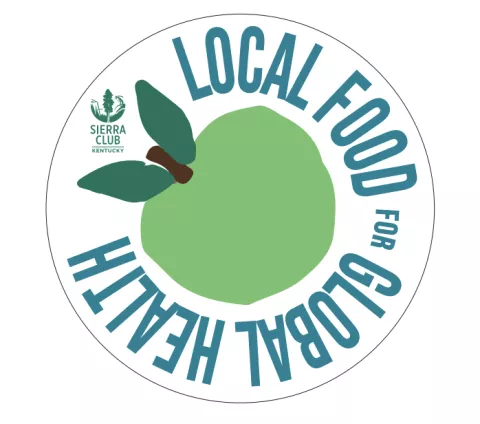“Whenever the soil is rich the people flourish, physically and economically. Wherever the soil is wasted the people are wasted. A poor soil produces only a poor people—poor economically, poor spiritually and intellectually, poor physically.”
– George Washington Carver, published in The Montgomery Advertiser, 1938.
George Washington Carver (c. 1864–1943) laid the groundwork for the regenerative agriculture movement by advocating for crop rotation and the use of plants that could naturally heal the soil, connecting monoculture farming practices to poor soil health. His voice was one of many from BIPOC agricultural and environmental leaders, who are among the strongest defenders of our planet. There are also Indigenous roots to regenerative agricultural practices, including intercropping, water management, agroforestry, and permaculture. It is time for us to honor their legacy and the Indigenous and Black farmers of the 21st century who are steadfast in the long march towards racial and environmental justice. Carver understood the possibility of sowing liberation in the soil, and his soil studies provide us with practical regenerative methods that can be put to work on the smallest farms.
The current industrial farming model is a race to produce the cheapest calorie. For decades, farm policy, corporate interests, and agricultural science were narrowly focused on producing the cheapest calories in the largest quantities. Factory farming is energy-intensive, with disastrous results for the environment. Monoculture farming of corn (the cheapest calorie on the planet) feeds animals raised in CAFOs (Confined Animal Feeding Operations), giving consumers a cheaper meat product. It also provides the cheapest and least nutritious calories for direct human consumption. While cheap can mean inexpensive and fast, it can also mean inferior quality, resulting in the erosion of soil quality and public health, just as Carver stated in 1938. To continue with the current model is to ignore its harmful effects on workers, local economies, animal welfare, soil health, and the health of the planet.
We must farm in a way that protects the health of people and the planet. Environmental champions look beyond the factory farm model and support sustainable, regenerative organic farming in order to nourish our people and our communities. In many ways, industrial and factory farming is the antithesis of the word nourish, which measures not only growth but health as the ultimate outcome. We understand that food must be grown and processed, transported and distributed, prepared and consumed, and that each of these steps create greenhouse gasses and contribute to climate change. We know that about a third of all human-caused greenhouse gas emissions are linked to food. But here at the Kentucky Chapter, we also know that in order to truly nourish our communities, we need access to healthy food from healthy soil. We need to transition to farming methods that maximize both cultural and biological diversity, benefit local communities, improve rural livelihoods and preserve natural resources.
Our desire to nourish and heal our planet and all living things has resulted in the Healthy Food, Healthy Earth campaign. Food and agricultural policies are not only at the center of climate change, but also climate justice. There are systemic inequalities in health, education, wealth, land ownership, and many other aspects of life in Kentucky. We cannot address climate change without talking about food and agriculture and we cannot address climate change without addressing global systems of oppression. Sierra Club is committed to its core values as we work to transform our relationships to power, privilege, and oppression, as individuals and as an organization.
Liberation through the soil is possible as we work to transform our relationship to food and agriculture. To make this happen, we need policymakers, farmers, business leaders, and communities to commit to the nourishment of our bodies and our earth.
Visit our Resource Library and Recommended Reading pages to learn more!
What do we want? (GOALS)
-
To help change food consumption and agricultural models from depending on industrial farming to a regenerative organic model;
-
To bring local, healthy food into communities and connect farmers and consumers;
-
To support small, BIPOC, and beginning farmers and to provide access to healthy local foods in all communities (justice initiative).
